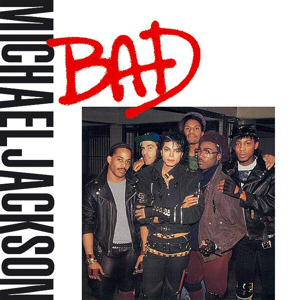
When something goes wrong with an insurance claim, you will often hear the term “bad faith” thrown around. But what does bad faith really mean? California courts opine that “bad faith signifies a breach of the covenant of good faith and fair dealing that is implied by law in every contract…. [this] involves something beyond breach of the specific contractual duties or mistaken judgment.”* Clear now? If your reply is “Ummm… NO. Not at all,” you are not alone.
The courts are trying to say that your insurance company commits bad faith not just by violating the terms of the insurance agreement – there has to be an additional lack of good faith and fair dealing in the way your insurer handles the claim.
Example of Bad Faith
For example – your insurance company fails to pay you for fire damage to your back shed, even though it is clearly covered by the “other structures” clause in your homeowners policy. This is not bad faith. It IS a violation of the contract, but not bad faith on its own.

But – if your insurer fails to pay for your covered shed AND it never even investigated the back shed, despite your informing them it is damaged and giving them the access and opportunity to investigate – this is probably bad faith. Now, before you get too excited about this – because I know that insurers fail to fulfill their duties under the policy all the time – you need to understand that to be successful in court for bad faith, the insurance company’s failure has to be pretty egregious.
But the Bad Action Must be REALLY Bad
In the example of the shed, your insurer would need to not only fail to investigate when you asked them to, but there would have to be an additional shockingly bad action – such as they repeatedly refused to consider the shed. For a court to recognize bad faith, the bad action needs to clearly show that they are just not interested in being fair.
Is it Bad Faith? Helpful Three Step Analysis
Another good example is when an insurance company causes unreasonable delay in the payment of benefits – which has now become a common routine in the industry. Let’s take our three part analysis and apply it to the situation where the insurer is failing to pay promptly:
- Did my insurer violate the terms of the contract? Yes, the policy says they have to promptly investigate and issue benefits when they determine the claim is valid – and they didn’t. Move to question 2.
- When my insurer violated the contract, did it show a lack of good faith and fair dealing in the way it handled the claim? Look carefully at how long it took for them to issue benefits. Were they actively investigating the entire time? Did you see evidence that they were actively investigating? Did you continuously remind them that you had not received a benefit payment, yet they still seemed to be doing nothing? Evaluate all of the actions that your insurance company took during the handling of the claim. If you believe the actions of your insurer clearly show that you were not treated fairly, move to question 3.
- Does the lack of good faith and fair dealing rise to the level of bad faith, according to the courts? Now really look at all the actions of your insurer (or, their lack of action). Is it clear to you that your insurance company was just not interested in being fair? Would their actions shock the average person? Why?
As you can see, the definition of bad faith is not very precise. To compound the confusion, the definition varies depending on the state you reside in. To really grasp if your have been treated badly enough that you have a strong claim for bad faith, contact an experienced insurance attorney.
*Chateau Chamberay Homeowners Ass’n v. Associated Int’l Ins. Co., 90 CA4th 335 (2001).